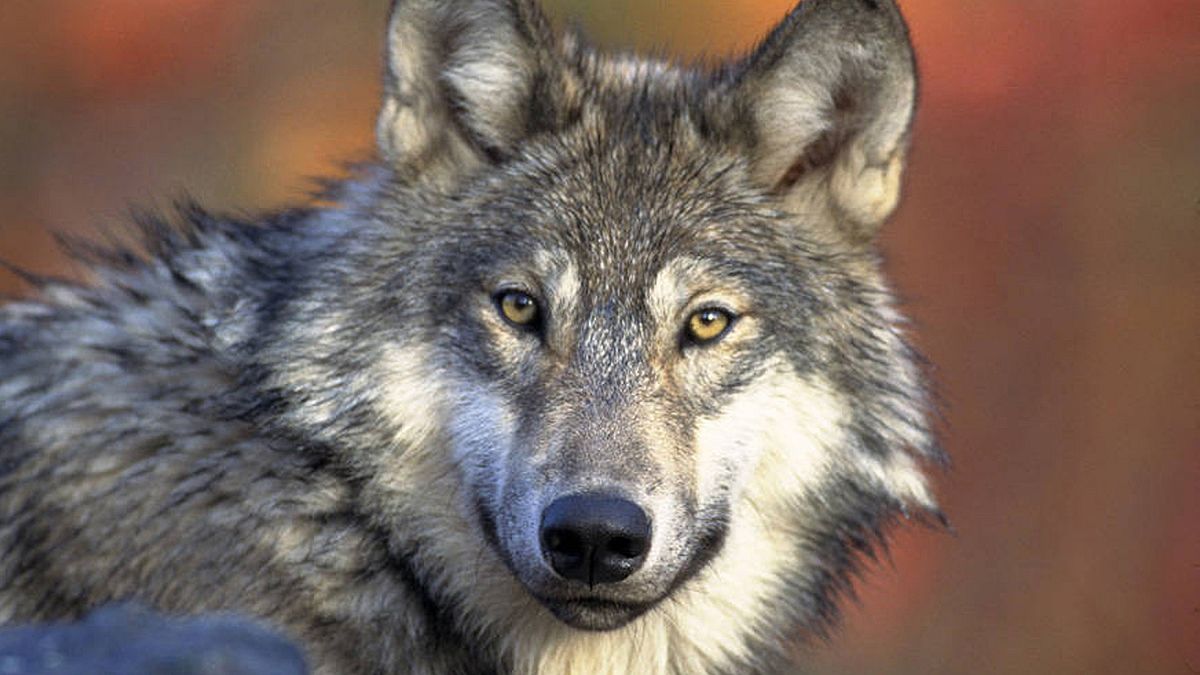Their populations in Europe have been on the rise for a number of years.
Wolves are back in Belgium and their growing presence is creating tensions with farmers, who fear for the safety of their livestock.
They want to reopen the debate on wolf hunting in Europe, which forbids it under both the EU's Habitats Directive and the Bern Convention on the Conservation of European Wildlife and Natural Habitat.
Euronews spoke to Ludwig Heinen, a dairy farmer with 320 cows, who said that there are currently three packs of wolves near his farm in the High Fens mountains.
Despite none of his animals so far not being attacked, he is still worried.
"If the animals are torn apart by wolves, that's one thing, but if wolves make the animals - who are free in the field - nervous, you cannot easily calm down those animals again," Heinen said in an interview.
"My opinion is clear: if a wolf causes trouble, then we should be able to put it down and shoot it."
So far this year, in this area, one calf and several sheep have been killed by wolves.
The leader of the Farmers Association of Eastern Belgium, Ingrid Mertes, told Euronews that wolves do not belong in the farmers' fields and the debate on wolf hunting in Europe should be reconsidered.
Earlier this year, the European Commission called for a review of the protected status of wolves, as it thinks the growing population poses a danger to livestock.
"The farmers want only to have that the many wolves that are able live in nature and feed themselves there, do it," Mertes said.
"If the wolves are leaving their habitat for the farming area to attack animals, then we have too many of them. That's why we want to set a limit."
Joachim Mergeay, a wildlife expert from the Institute for Nature and Forest Research, follows the everyday lives of wolves in Belgium. He told Euronews that they represent a low risk to the economy.
In fact, he says it is more to do with humans no longer being used to living near them.
"The issue is not about economy. The issue is about how does the presence of the wolves make me feel as a farmer, as a rural actor?" he said.
Mergeay explained that contact between livestock and wolves can be avoided by fences.
But even if the EU were to lower the preservation status of wolves - it would not mean a green light for hunting and the problems of farmers would likely remain.
"Under these reduced protection levels, you can only hunt if the populations are in a healthy situation, in a favourable conservation status," Mergeay told Euronews.
"We are not there yet. Changing this protection level would not mean that you can hunt. These wolf populations still need to grow and it would not resolve any of the conflict that is currently at the basis of these questions."
While the debate around wolves becomes heated, Belgium's wolf population - approximately around two dozen - is mainly being decimated by road traffic.
